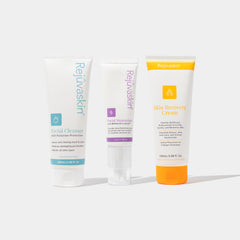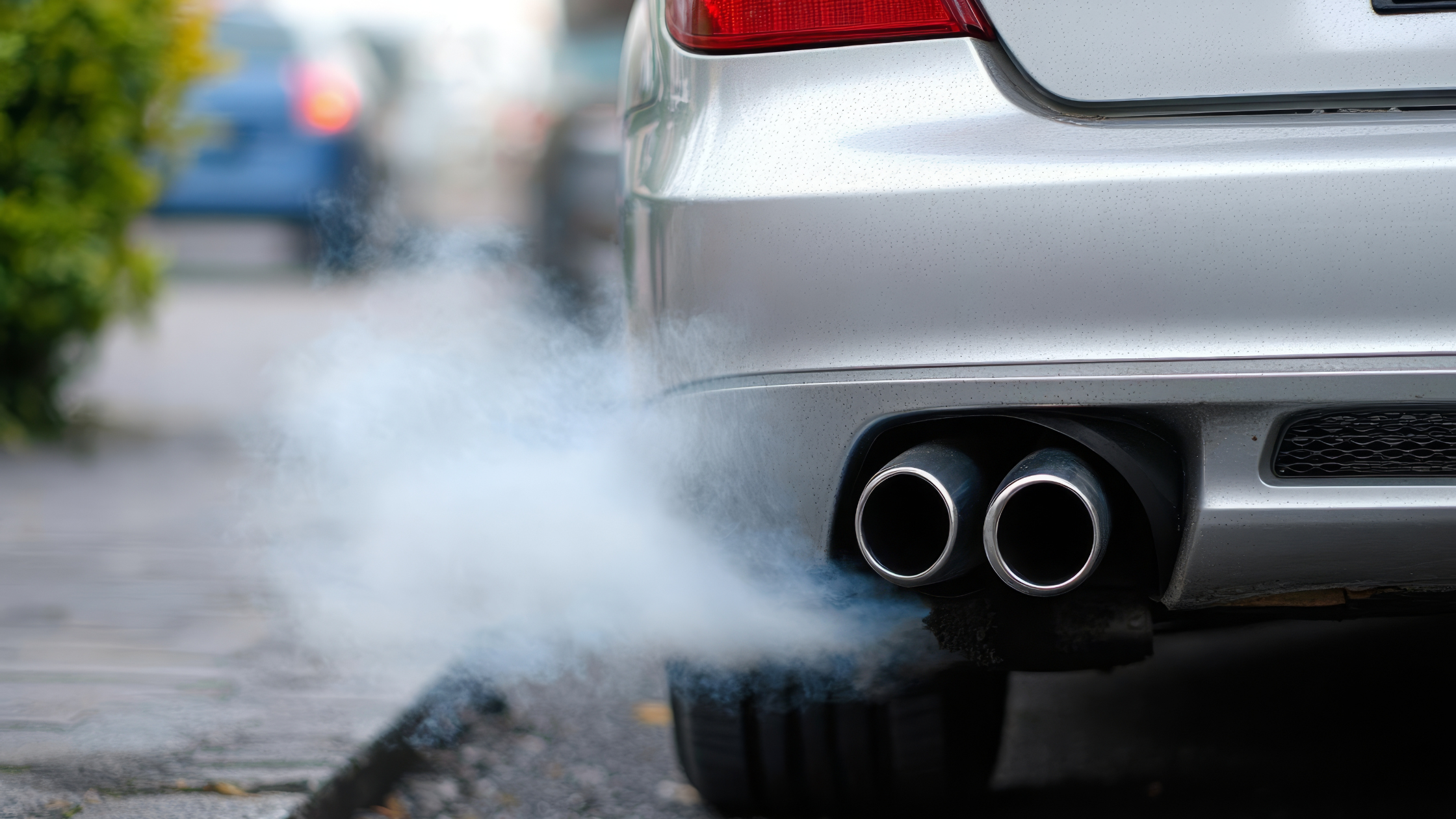The planet’s changing — and so is your skin. Here’s how to protect it in the modern world.
A New Era of Skin Stress
The environment we live in isn’t what it used to be. Rising temperatures, higher UV levels, urban pollution, and shifting humidity all take a toll — not just on our planet, but on our skin barrier.
Your skin, as the body’s largest organ, is constantly defending you from environmental stressors. But as climate change accelerates, that job is getting harder.
According to dermatology researchers, external aggressors like particulate matter, UV radiation, and heat exposure can cause oxidative stress, breaking down collagen and lipids that keep skin firm, hydrated, and youthful (Puri et al., 2020).
That’s why protecting your skin has become more than a cosmetic goal — it’s part of sustainable self-care.
How Pollution Impacts Your Skin
You may not see them, but pollution particles are smaller than your pores. These microscopic pollutants (PM2.5 and nitrogen oxides) can penetrate deep into the epidermis, triggering:
-
Oxidative stress — an imbalance of free radicals that leads to dullness and wrinkles.
-
Inflammation — contributing to acne, redness, and flare-ups of eczema or rosacea.
-
Pigmentation — pollution has been linked to uneven tone and dark spots (Vierkötter et al., 2015).
Think of it as “urban aging.” Even if you don’t live in a major city, vehicle emissions and UV exposure compound daily, slowly weakening your skin’s defenses.
Science note: A long-term study in The Journal of Investigative Dermatology found that women exposed to higher air pollution levels developed 20% more dark spots and faster wrinkle formation compared to those in cleaner air (Vierkötter et al., 2015).
The Heat & Humidity Effect
Climate change doesn’t only mean warmer weather — it means more extremes.
Frequent transitions between humid and dry air stress your skin’s natural moisture barrier. Hotter temperatures also:
-
Increase sebum (oil) production, which can lead to clogged pores.
-
Accelerate water loss (TEWL) — causing dryness, sensitivity, and flaking.
-
Aggravate inflammatory conditions like rosacea or dermatitis.
Meanwhile, air conditioning and indoor heating can make things worse by stripping away your skin’s hydration.
UV Exposure and Ozone Changes
The ozone layer helps filter harmful UV radiation. As it fluctuates, so does our exposure. According to The Skin Cancer Foundation, even a 1% depletion in ozone can increase UVB radiation by about 2%, amplifying photoaging and cancer risk.
Even small, everyday exposure adds up. That’s why UV protection and antioxidant support are vital year-round — not just in summer.
Your Eco-Resilient Routine (Simple, Effective, Consistent)
You can’t control the weather — but you can strengthen your skin’s response to it.
1) Cleanse pollutants — without stripping
Use Hydrating Facial Cleanser with EXO-P to remove daily grime and pollution while maintaining your barrier.
2) Replenish & fortify the barrier
In the evening (or during dry indoor air seasons), apply the Skin Recovery Cream to restore and soothe your skin barrier.
3) Daily protection
End your morning routine with the Mineral Facial Sunscreen SPF 32 — non-nano zinc, reef-safe, ideal for sensitive skin exposed to urban sun/pollution.
Beyond Skincare: Lifestyle for Skin & Planet Health
Building eco-resilient skin goes hand-in-hand with sustainable habits:
-
Drink enough water — hydration supports your skin’s natural detox pathways.
-
Eat antioxidant-rich foods like berries, leafy greens, and nuts.
-
Reduce exposure to smoke and pollutants when possible.
-
Choose clean, responsible skincare brands — like Rejûvaskin — that prioritize safety, science, and sustainability.
Small daily actions not only help your skin recover but also help protect the environment it thrives in.
The Rejûvaskin Promise
At Rejûvaskin, we believe your skin deserves effective, gentle care that supports both health and confidence — no harsh chemicals, no shortcuts. Our products are made with clinically tested, sensitive-safe ingredients that help your skin stay strong, hydrated, and beautiful no matter what the environment brings.
Because healthy skin isn’t about perfection — it’s about protection, repair, and resilience.
Works Cited
Puri, P., Nandar, S. K., Kathuria, S., & Ramesh, V. (2020). Effects of air pollution on the skin: A review. Indian Journal of Dermatology, Venereology, and Leprology, 86(4), 400-410. Link
Vierkötter, A., Schikowski, T., Ranft, U., Sugiri, D., Matsui, M., Krämer, U., & Krutmann, J. (2015). Airborne particle exposure and extrinsic skin aging. Journal of Investigative Dermatology, 130(12), 2719-2726. Link





















Leave a comment